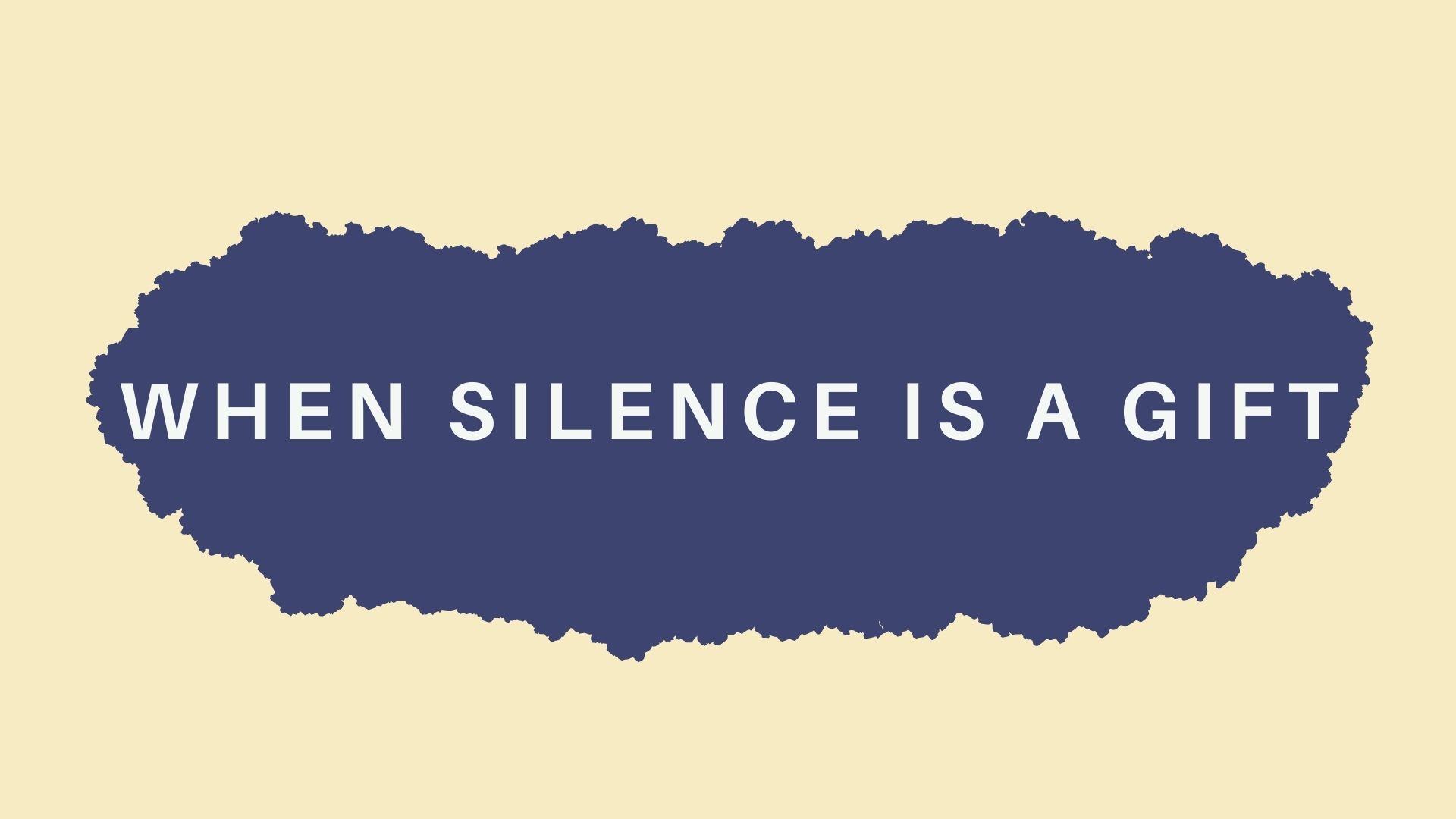
Silence
Breaking the Silence: Challenging and Dismantling Rape Culture
Nirbhaya cried in Delhi’s streets,
A nation wept at such brutal feats.
Six men, a bus, her life defiled,
But in her name, the people riled.
They said, “She shouldn’t be out at night,”
As if freedom itself wasn’t her right.
In the shadows, where fear resides,
A culture brews where justice hides.
They asked what she wore, or why she stayed,
In a world where consent is often betrayed.
The term “rape” may not be a word familiar to everyone but it is just too widespread to let it pass unnoticed. It presents an alarming insight into a reality where such aggressions and acts of sexual violence towards women are commonplace and more often than not, tolerated.
Rape culture apparently does not only persist as a result of relatively lax prosecutorial policies and practice, it also has very deep roots in everyday behaviour. ‘But what was she wearing?’ and ‘But why was she going out at such a late hour?’ are some of the lines of questioning which seek to shift the focus onto the surviving victim and the choices they made. To some extent due to this, survivors are disappointed from coming forward, therefore perpetuating the culture of silence and making it harder for them to achieve justice.
The mass media helps to construct and reflect social views about rape and sexual violence committed against women. Some examples are the films where women are treated only as sources of sex and the news reports which are more about a rapist’s ‘prospects’ than the effects of rape on the victim. Also, exemplifying expertly, Margaret Atwood, the author of The Handmaid’s Tale, states, “Men are afraid that women will laugh at them. And women are afraid of men killing them.”
Common stereotypes in the media include women being depictive of how a male treats women’s bodies in a sexualized manner while men treat themselves as pursued to sexually dominate ‘women’. Such portrayals go a great length in nurturing a culture where men may think that their sexual orientation portrayed such as being sexually aggressive or in control are acceptably more than overstepping woman’s agreeable limits.
Take the song “Blurred Lines” by Robin Thicke, a huge pop hit that got a lot of criticism for its lyrics. For instance, in the song, there is a line “I know you want it” and others, which many think trivialize the whole consent issue. By perpetuating such ideas through songs and media, the culture assumes that the simple word “no” does not always mean that there is no consent which is detrimental to afford “No” as a taboo. These notions are sustenance of rape culture since they imply that there are no sexual and moral limits that should be adhered to.
Boys seem to be more susceptible to gender-based behavioural biases that suppress their natural expressiveness from the moment of their birth. For instance, a young boy, trying to comprehend the basis of things, is ordered to stop ice pats whenever he begins feeling teary eyed: “man up”. In his subsequent years, he learns that it is uncomfortable to show any sign of weakness. It is clear: admitting or feeling anything is ranked at the bottom of the hierarchy, emotions. It is gradual in initiation, for example by tucking in words like, “boys don’t cry” in every day interactions, however these in turn grow dormant. He understands that expressing anger and frustration is properly within the bounds of being civilized. Expressing sadness and fear are inhibited by the society. The troubles of the world are matched up with controlling emotions. What happens as a result? An ingrained lesson that for one to be ‘masculine’ all the time, then no sign of weakness must be portrayed.
However, this narrative does not only impact on the individual it cascades to the wider society – which sees and tends to valorise a culture that connects power with domination. It legitimizes the view that violence and control form an innate part of male characteristics. The impact? Emotional alienation without a doubt, but the scary one is the distorted idea of what strength is.
One of the most damaging aspects of rape culture is the silencing of survivors. The culture of victim-blaming, the fear of being rejected, and the social isolation which follows the sexual assault encourages many individuals to remain silent. Therefore, a significant percentage of incidence of rape goes unreported, and the criminals are not limited by law. It was in 2017 that the global movement of the #MeToo campaign emerged where many victims shared their experiences. It showed how the plague of sexual abuse was at the extent of so many women regardless of their social positions. Speaking out is an act of bringing back the suppressed voice and chiselling away the veneer of silence that hides the offender. Such actions also give strength to others to support them, bringing together a society which strives for both.
As the cases of injustice are increasing rapidly it should be clear that the understanding of issues like rape is at the essence of stopping rape and meaningfully combating rape culture. However, children and adolescents should learn that there would be no exceptions on respect for the privacy of other people’s space. Another approach towards consent education that gained some popularity is called “Tea Consent”, a video which explains that offering tea is the same as asking for sexual consent. The analogy is simple what’s more disgusting however is not giving up a glass of tea to a person who is unwilling to have it.
Rape culture thrives on silence, complicity, and harmful societal norms that excuse and normalize sexual violence.
But change is possible…….
It begins with education,
It begins with teaching consent,
It begins with challenging toxic masculinity,
It begins with reshaping societal attitudes about power and gender
As a society, we must stop asking victims what they were wearing or why they were out late and instead focus on holding perpetrators accountable for their actions. By breaking the silence, amplifying the voices of survivors, and fostering a culture of respect, we can take the first steps toward dismantling rape culture.
In the words of Maya Angelou, “Each time a woman stands up for herself, she stands up for all women.” It is time for all of us to stand together in the fight against rape culture and work towards a future where respect, consent, and safety are fundamental human rights.
So let us speak, let us rise,
For every victim with silent cries.
It’s not her fault, it never was,
It’s a culture that makes us pause.
By: Pavandeep Kaur
Write and Win: Participate in Creative writing Contest & International Essay Contest and win fabulous prizes.


